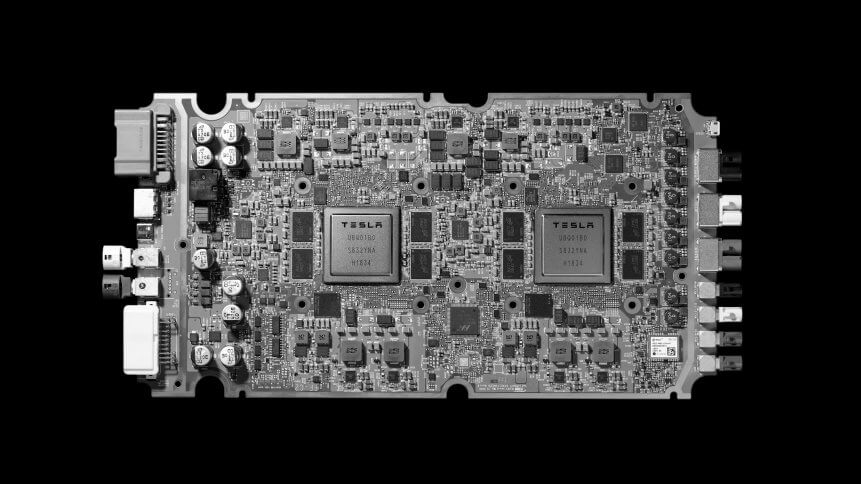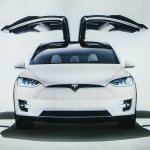Want to access Tesla’s ML technology? It might soon be possible

- The Dojo supercomputer will be a place for Tesla to train its full self-driving AI
- Tesla’s Dojo supercomputer will be capable of an exaFLOP
In a slew of tweets that began through a response to notable software engineer John Carmack, Tesla CEO Elon Musk confirmed plans to offer machine-learning as a web service to the public with its new ‘Dojo’ supercomputer.
Dojo translates to “place of the way” in Japanese and is often referred to as a place to practice mediation or martial arts.
The project was first announced by Musk at Tesla’s Autonomy Day last year.
“The goal of Dojo will be to be able to take in vast amounts of data and train at a video level and do unsupervised massive training of vast amounts of video with the Dojo program – or Dojo computer,” stated Musk.
This latest announcement via Twitter follows Musk’s statement last month when he revealed that the Dojo supercomputer will be capable of an exaFLOP — one quintillion (1018) floating-point operations per second — or 1,000 petaFLOPS, making it a top contender in the race to break the exaFLOP barrier in supercomputing.
Yeah, we will open Dojo for training as a web service once we work out the bugs
— Elon Musk (@elonmusk) September 20, 2020
This could potentially make Dojo a certified cutting-edge supercomputer as it races to break the exaFLOP barrier in supercomputing, competing against established companies like Intel and AMD, as well as governments.
In the last five years, the automaker and a team of chip experts have been working on building Tesla’s chip architecture to develop their self-driving computer.
“Dojo uses our chips and a computer architecture optimized for neural net training, not a GPU cluster. I could be wrong, but I think it will be best in the world,” added Musk, although, as Tesla shareholders know, statements like this are to be taken with some caution.
A timeline for when Tesla plans to have Dojo up and running has yet to be made clear, however, Musk has indicated that it could be within the next year, in conjunction with recruitment efforts for the program beginning last month.
Now having been confirmed by Musk that the Dojo supercomputer will be available as an online service, it will be open to access to machine studying algorithms, which could make the supercomputer even smarter.
At present, Fugaku by Fujitsu in Japan is the quickest supercomputer on earth. The machine is based mostly on ARM structure and has a Linpack efficiency of 415,530 petaFLOPS, making it 2.8 times as fast as its nearest competitor, IBM’s Summit.
This latest announcement shows that the automaker has no plans in limiting their ambitions.
Before this, Tesla successfully introduced its Full Self-Driving Chip (FSD Chip) – an autonomous driving chip – in early 2019, with production shipment starting with the Tesla Model 3.
Tesla’s record for innovation has been impressive up until now, and this latest project is another exciting chapter that has garnered plenty of attention. Whether or not they’re able to beat the likes of Intel in the machine learning space remains to be seen, however, Musk’s determination to make his mark with commitment and purpose is admirable.










